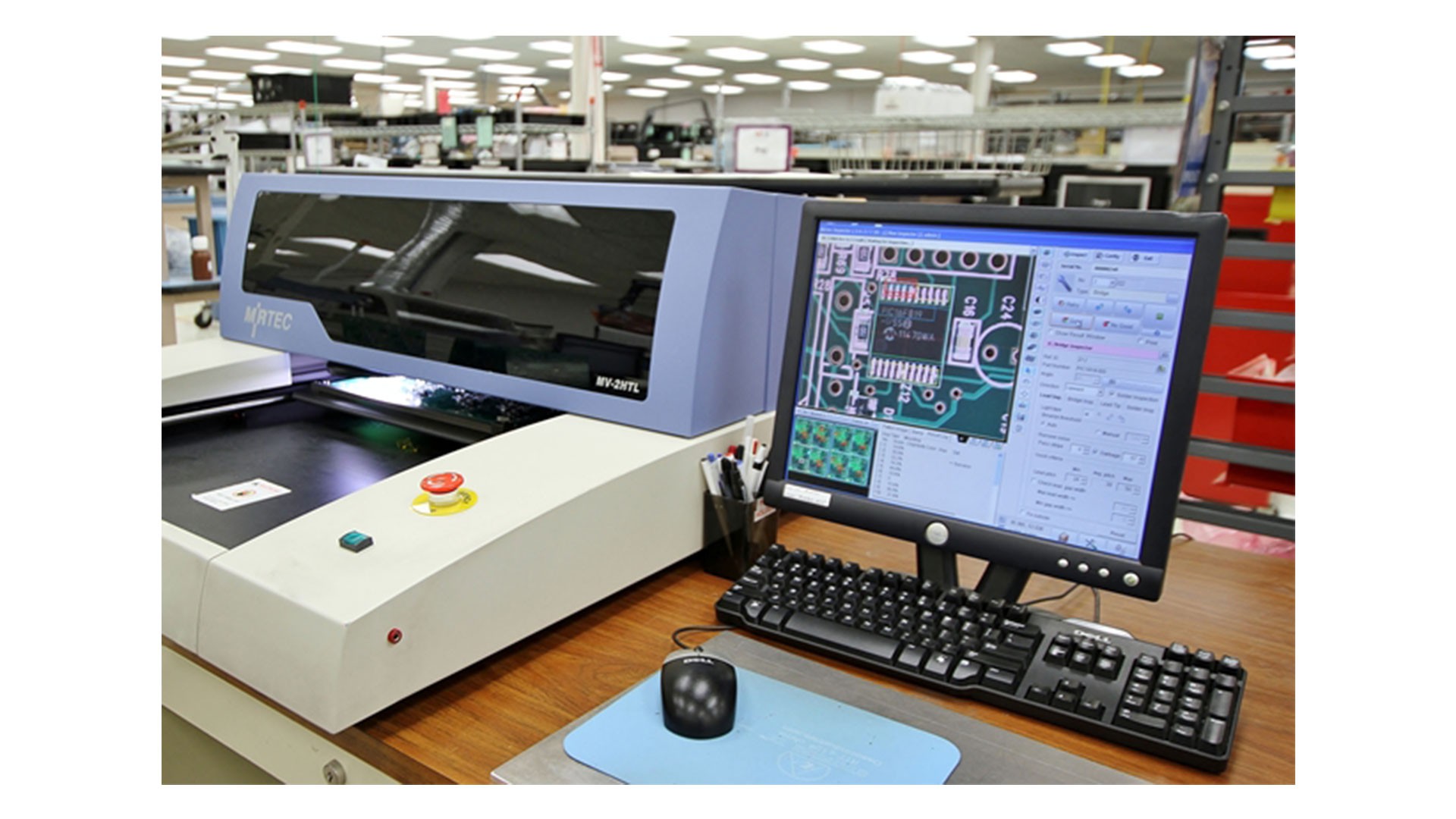-
Quick-Turn PCB Suppliers: Evaluation Criteria
03/14/2025 at 08:52 • 0 commentsIn the fast-paced world of electronics design, getting your printed circuit boards (PCBs) quickly can make or break your project. Whether you’re racing to test a prototype or meet a tight production deadline, quick-turn PCB suppliers are your lifeline. But speed alone isn’t enough—choosing the right supplier means balancing quality, reliability, and cost. So, how do you pick the best one?
At ALLPCB, we know engineers need partners they can trust. That’s why we’ve crafted this guide to help you evaluate quick-turn PCB suppliers with confidence. We’ll walk you through the key criteria—quality control, turnaround time, customer service, pricing, and technical capabilities—so you can make a decision that keeps your project on track and up to spec.
What Are Quick-Turn PCBs?
Quick-turn PCBs are printed circuit boards manufactured and delivered faster than standard timelines. While traditional PCB production might take weeks, quick-turn services can get boards to you in as little as 24 hours to a few days. This speed is a game-changer for engineers testing designs, validating concepts, or rushing to market.
![]()
Why Evaluation Criteria Matter
It’s tempting to focus solely on speed when choosing a quick-turn PCB supplier, but that’s only part of the picture. A supplier might promise lightning-fast delivery, but if the boards arrive with defects or don’t meet your specs, you’re back to square one—wasting time and money. Evaluating suppliers on multiple fronts ensures you get boards that are fast and functional, keeping your project moving forward without hiccups.
Key Evaluation Criteria for Quick-Turn PCB Suppliers
To find the right supplier, you need to dig into the details. Here are the five critical factors every engineer should assess:
1. Quality Control
Even with tight deadlines, quality can’t take a backseat. A top-tier quick-turn PCB supplier will have solid processes to guarantee every board meets your standards.
- Certifications: Look for credentials like ISO 9001, which signals a focus on quality management. IPC standards are another plus, showing adherence to industry benchmarks.
- Testing Protocols: Check what inspections they perform. Automated optical inspection (AOI) catches surface defects, while X-ray checks multilayer alignment. For example, a reliable supplier should maintain a PCB outline tolerance of ±0.010” and a solder mask relief of at least 0.005” over pads.
- Experience: Suppliers with a history in demanding fields—like medical or aerospace—often have the chops to deliver consistent quality under pressure.
![]()
2. Turnaround Time
Speed is the heart of quick-turn services, but not all suppliers define “fast” the same way. You need to know what you’re getting.
- Production Speed: Simple boards (e.g., 2 layers) might ship in 24 hours, while complex multilayer designs could take 48-72 hours. Confirm the supplier’s capacity matches your timeline.
- Lead Time Details: Does “24 hours” start when you order or after they approve your files? Clarity here prevents surprises.
- Shipping: Fast production means nothing if delivery lags. Check their shipping options—reliable suppliers partner with express carriers like DHL or FedEx.
3. Customer Service
When deadlines loom, good support can save the day. A supplier’s responsiveness and expertise are make-or-break factors.
- Communication: Test their response time—do they reply to emails or calls within a day? Can they update you on your order?
- Technical Help: For tricky designs, you might need advice. Suppliers with on-call engineers can troubleshoot issues fast.
- Adaptability: Can they handle a last-minute change or rush an order? Flexibility is key in crunch time.
4. Pricing
Quick-turn services often cost more, but the price should be fair and clear.
- Transparency: Are there hidden fees for expediting, or is everything upfront? Get a detailed breakdown.
- Order Size: Some suppliers enforce minimum order quantities...
My Pages
Projects I Like & Follow
Share this profile
ShareBits
Become a Hackaday.io Member
Create an account to leave a comment. Already have an account? Log In.


 Lutetium
Lutetium Timo Birnschein
Timo Birnschein CNLohr
CNLohr Cassio Batista
Cassio Batista Chris Gervang
Chris Gervang Aleksi Suomalainen
Aleksi Suomalainen Jan B.
Jan B. Enki
Enki Sagar 001
Sagar 001 h4rdc0der
h4rdc0der lion mclionhead
lion mclionhead Grant Giesbrecht
Grant Giesbrecht